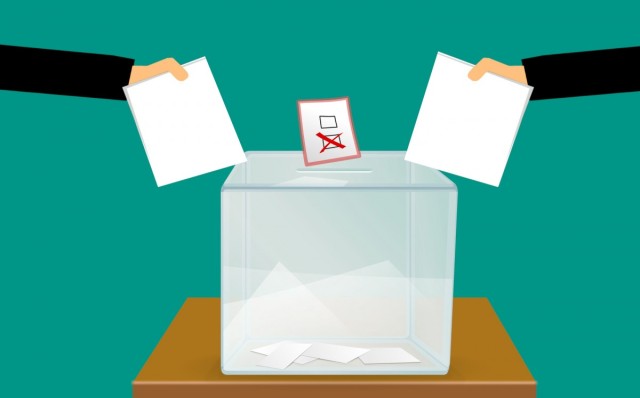
by Tiago Cabral, master in EU Law - UMinho
▪
Legislative Initiative for the European Parliament: A Wish for 2020
1. It is challenging to argue that the selection of Ursula von der Leyen for President of the European Commission (hereinafter “EC”) was the result, in any conceivable way, shape or form, of a victory by the European Parliament (“hereinafter “EP”) in the traditional power struggle between the Institutions. The spitzenkandidaten (lead candidate), a process which the EP swore that it would uphold, was left completely broken by the selection. It also served as a reminder that the “election” of the President of the EC is, if we rigorous in our analysis, a nomination by the European Council (hereinafter “ECON”) where the EP has veto power but is highly unlikely to use it. In fact, in a remarkable twist of fate, the ECON ended not only choosing the President of the EC but, arguably, also the President of the EP[i]. Even though there are some positive aspects that we should point out, such as the fact that the new EC will be more gender-balanced, that is certainly not enough to counterbalance the fact that no European citizen cast a vote thinking of, let alone desiring, the coming to pass of the current scenario.
2. Indeed, in a purely result-oriented perspective, the new Commission may go on to do a stellar job, thereby acquiring a high degree of output legitimacy. The College of Commissioners 2019-2024 possesses some worthy names, including two former lead candidates in Vice-Presidents Frans Timmermans and Margrethe Vestager[ii]. However, in terms of input legitimacy, the choice and the procedure leading to the current executive, does not strengthen the EU in any manner. Thereby, and until there is a broader reform of the European electoral process, it is necessary to search for other manners to widen the EU’s legitimacy.
Continue reading “Editorial of January 2020”






